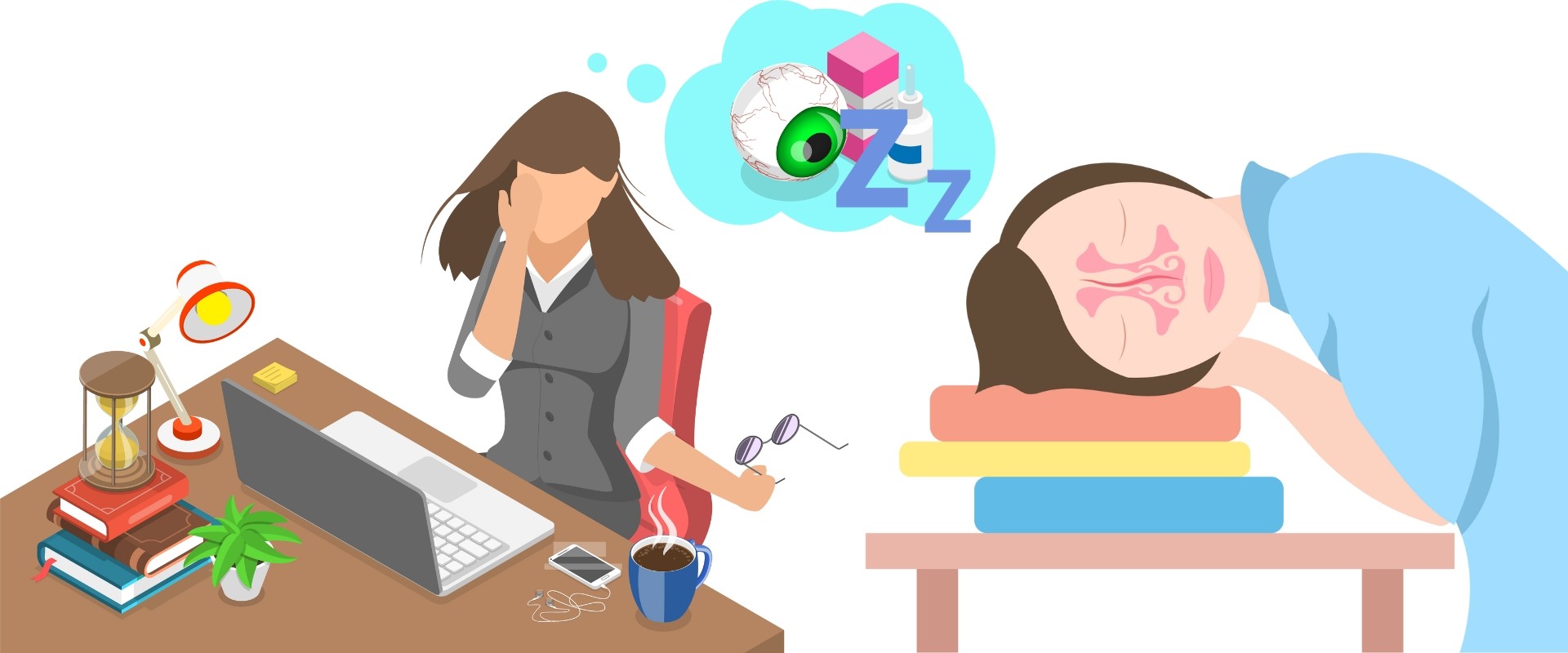What Is Narcolepsy?

Narcolepsy is a chronic brain disorder that involves poor control of sleep-wake cycles. Narcolepsy typically affects patients in their teenage years or in their 20’s. Sometimes patients are diagnosed in their 40’s or 50’s. In severe cases patients are prone to falling asleep with little or no warning. These are known as sleep attacks.
-
Signs And Symptoms
Symptoms of Narcolepsy
Narcolepsy is a syndrome that can be characterized by chronic daytime sleepiness, accompanied by hypnogogic hallucinations (vivid dreams that occur during overnight sleep or when falling asleep), sleep paralysis and cataplexy (an abrupt temporary loss of voluntary muscular function and tone, evoked by an emotional stimulus such as laughter, pleasure, anger, or excitement). It is often the case where patients may not have all the symptoms but daytime sleepiness is a constant symptom in almost all patients
-
Common Causes
Causes of Narcolepsy
Most people with narcolepsy have low levels of the neurotransmitter hypocretin, which promotes wakefulness. Neurotransmitters are chemicals that neurons produce to communicate with each other and to regulate biological processes.
-
Conditions Associated
Other Common Conditions Associated With Narcolepsy
Narcolepsy patients are often misdiagnosed as depressed or having mood disorders because their sleepiness leads to mood disorder. Also, Narcolepsy can be a manifestation of other sleep or medical disorders. These can include untreated sleep apnea, periodic limb movement disorder, restless legs syndrome, insomnia, or insufficient sleep.
-
Why Seek Help
Why Seek Help for Narcolepsy
The daytime sleepiness such patients experience significantly affects job performance, marriage, and social relationships. Patients report they plan their days around taking a nap. As a result patients often chose to stay home instead of attending social events.
-
Diagnosis & Treatment
Diagnosis for Narcolepsy
All patients having chronic daytime sleepiness, hypnogogic hallucinations, cataplexy or sleep paralysis should have a sleep evaluation. Testing may consist of an overnight polysomnogram followed by a multiple sleep latency test (MSLT). This can help to identify pathologic sleepiness, and abnormal sleep-wake transitions.
Treatment for Narcolepsy
Pharmacologic therapy and good sleep hygiene are the mainstay of treatment.
We have a convenient office location servicing the North Dallas Suburbs including Lewisville, Little Elm, Frisco, The Colony, Plano, Allen, McKinney, Prosper, and beyond!
We are also offering virtual visits for patients in the states of AL, AZ, CA, CO, FL, GA, ID, IL, IA, KS, MD, ME, MI, MN, MS, MT, NE, NH, NV, NJ, NY, NC, ND, OH, OK, OR, PA, SD, TN, TX, UT, VA, WA, WV, WY
Contact Us To Make An Appointment
